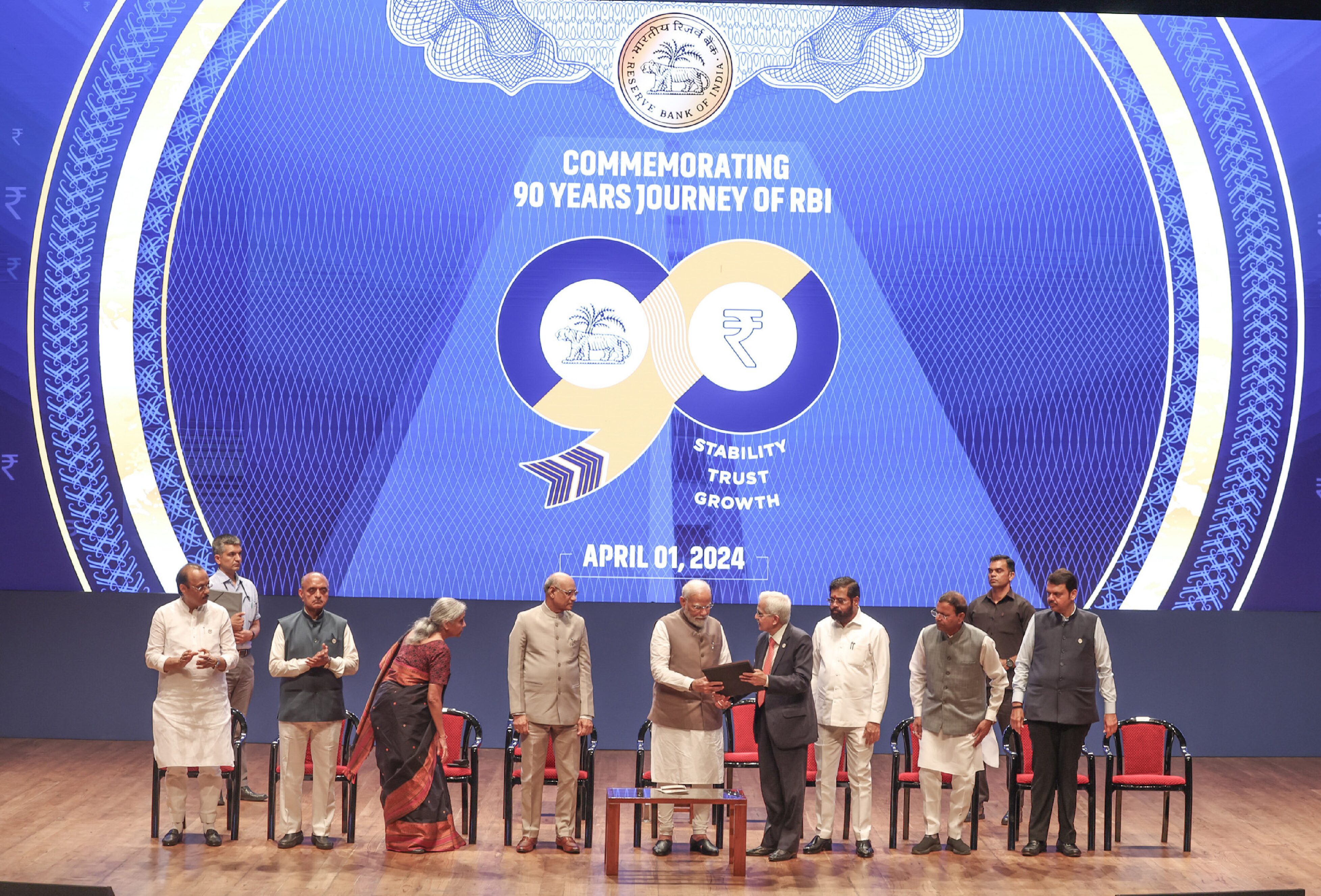One of the most prominent examples of cancel culture in recent years was the #MeToomovement, which saw numerous high-profile individuals in the entertainment and political spheres being publicly called out and facing consequences for their alleged misconduct.
Cancel culture has become a controversial topic in recent years, with many people expressing concern over its impact on free speech and society as a whole. The term refers to the practice of publicly calling out individuals or organizations for their perceived offenses, often resulting in social or economic repercussions for the accused.
On one hand, advocates of cancel culture argue that it is a necessary tool for holding powerful individuals and institutions accountable for their actions. They argue that cancel culture provides a platform for marginalized communities to have their voices heard and demand change.
However, opponents of cancel culture argue that it is an overly punitive and intolerant approach to dealing with disagreements. They argue that cancel culture creates a culture of fear and censorship, where people are afraid to express their opinions or engage in open dialogue for fear of being publicly shamed and ostracized.
One of the most prominent examples of cancel culture in recent years was the #MeToo movement, which saw numerous high-profile individuals in the entertainment and political spheres being publicly called out and facing consequences for their alleged misconduct. While many argue that this movement was necessary to address long-standing issues of sexual harassment and abuse, others criticized it for unfairly ruining careers and reputations without due process.
Another example of cancel culture is the recent trend of “canceling” celebrities for past tweets or comments that are deemed offensive or inappropriate by today’s standards. While some argue that this is an important way of holding people accountable for their past actions, others criticize it as being overly punitive and dismissive of the possibility of personal growth and change.
In the last few years Bollywood had been hit hard by the boycott lobby. The film industry is dealing with hate and hashtags. The cinema circuit has urged twitter users to not boycott films as it affects livelihoods and also cancellation can have worse effects.
The impact of cancel culture is also being felt in the corporate world, where companies are increasingly being held accountable for their social and political stances. For example, companies that are seen as supporting discriminatory policies or ideologies may face backlash from consumers and employees, with some even calling for boycotts or divestment.
There are times when Cancellations lead to social change or combat inequality. But now, most of the time it is seen as cyberbullying. Critics call it the most dangerous trends ever created. It gives people opportunity to abuse their freedom of expression to cyberbully. What is bothersome about cancelling is it allows people to hide behind a screen and openly humiliate a person with the support of thousands, sometimes even millions, of users. On the other hand some argue that cancel culture is necessary for holding people accountable for their actions and promoting social justice.
Ultimately, the debate over cancel culture is complex and multifaceted, and there is no easy answer to the question of whether it is ultimately helpful or harmful. Some individuals believe that it is a necessary tool for holding people accountable for their actions, while others argue that it can be used to unfairly target and punish individuals for their beliefs and opinions.
There is a difference between having a respectful and mature conversation about one’s wrongdoings and calling someone out in a demeaning manner. Honest debate should be the cornerstone for finding the best solutions
Ultimately, the debate around cancel culture highlights the tension between the desire for accountability and the importance of free speech and open dialogue. While it is important to call out wrongdoing and hold individuals and institutions accountable for their actions, it is also important to ensure that this is done in a fair and just manner that does not silence or ostracize dissenting voices.
Being canceled can lead to anxiety, depression, trauma, and suicidal thoughts and behavior. Participants of cancellation should express their opinions and views in a respectful and constructive manner. This can help create a space where different perspectives can be heard and debated.


































